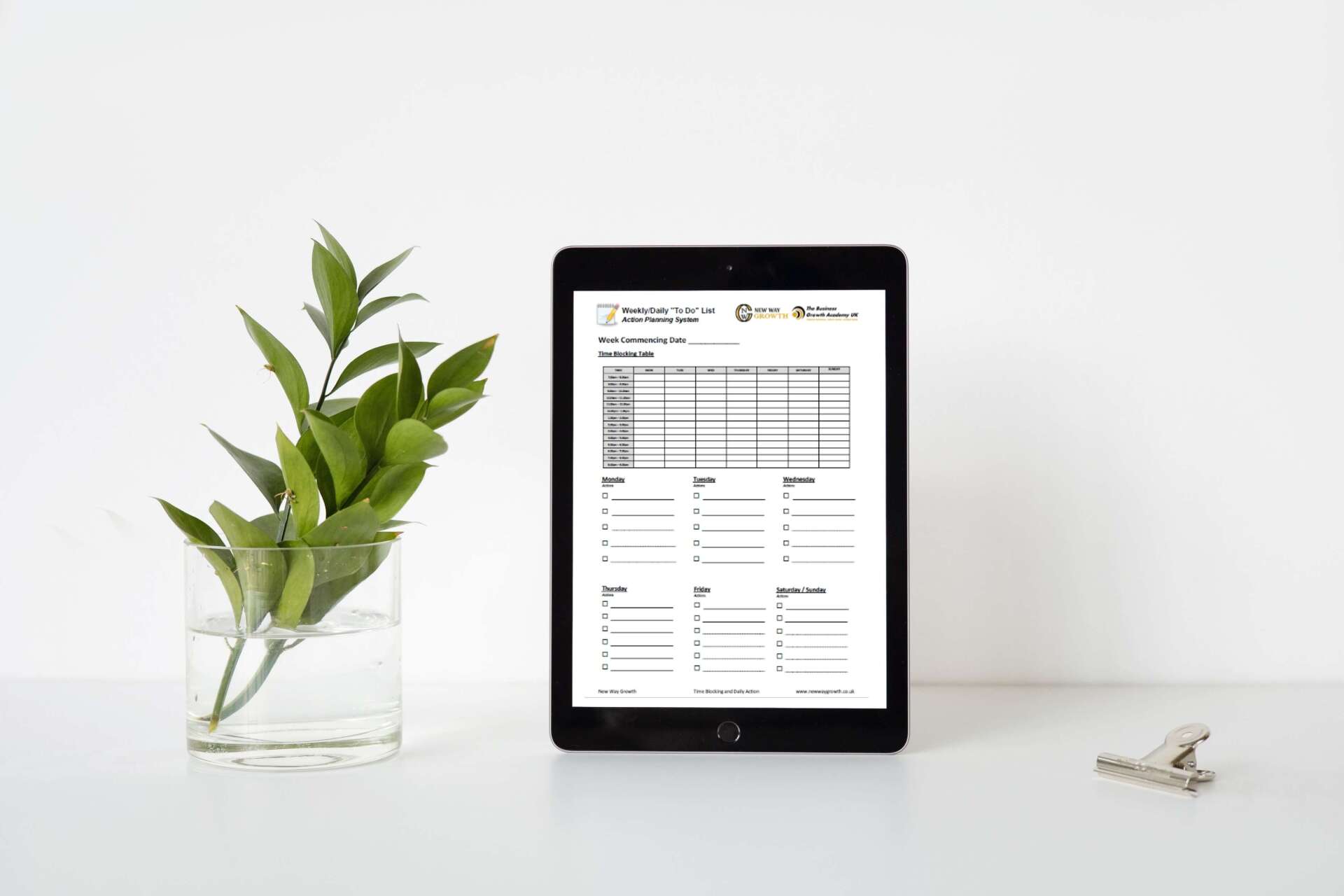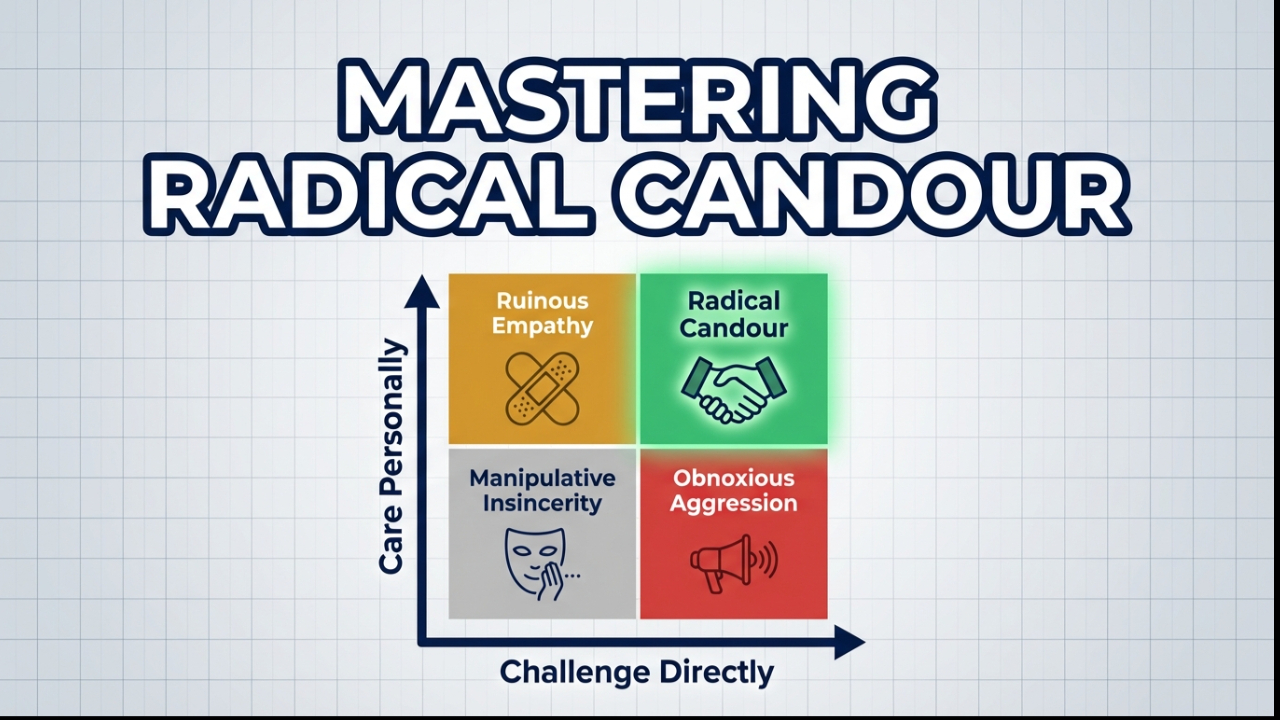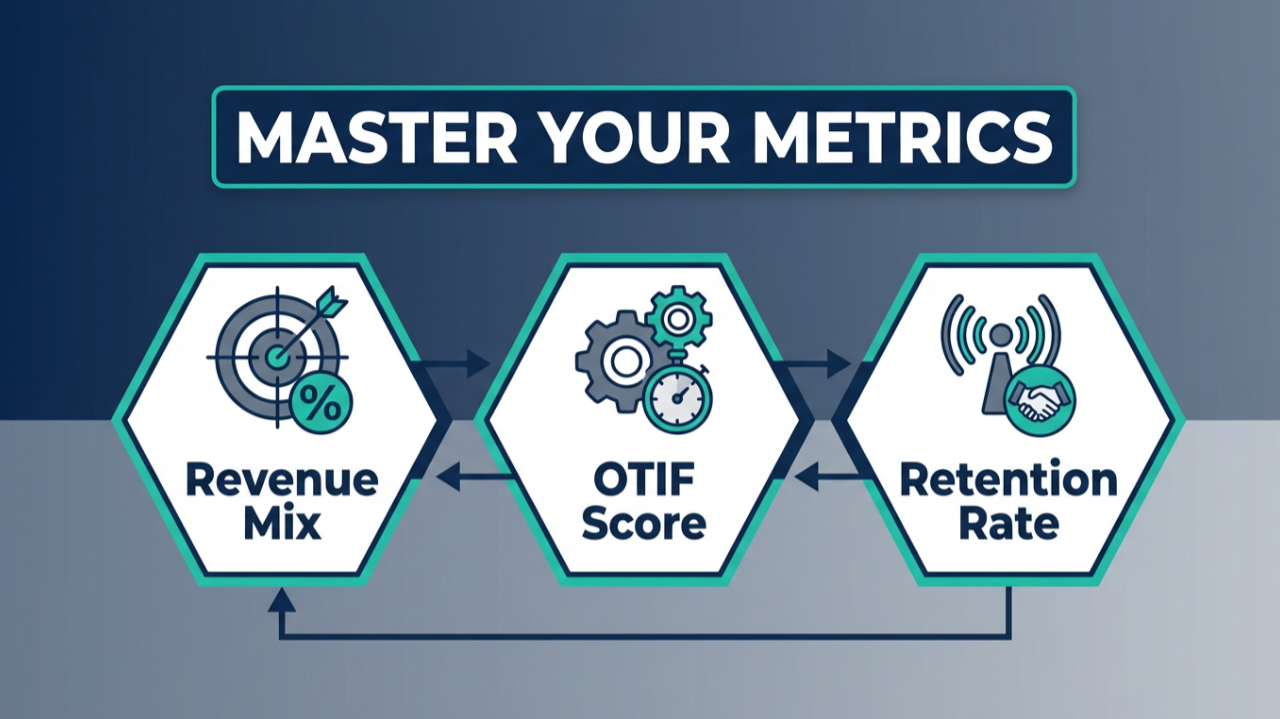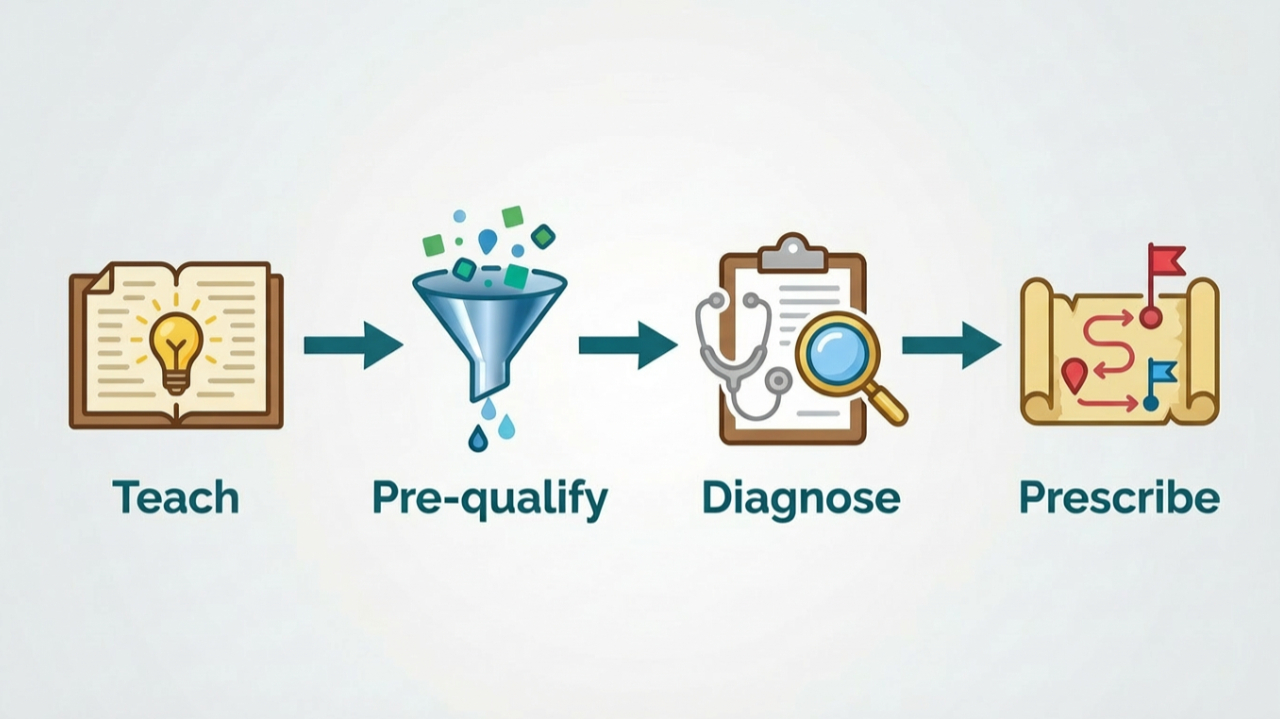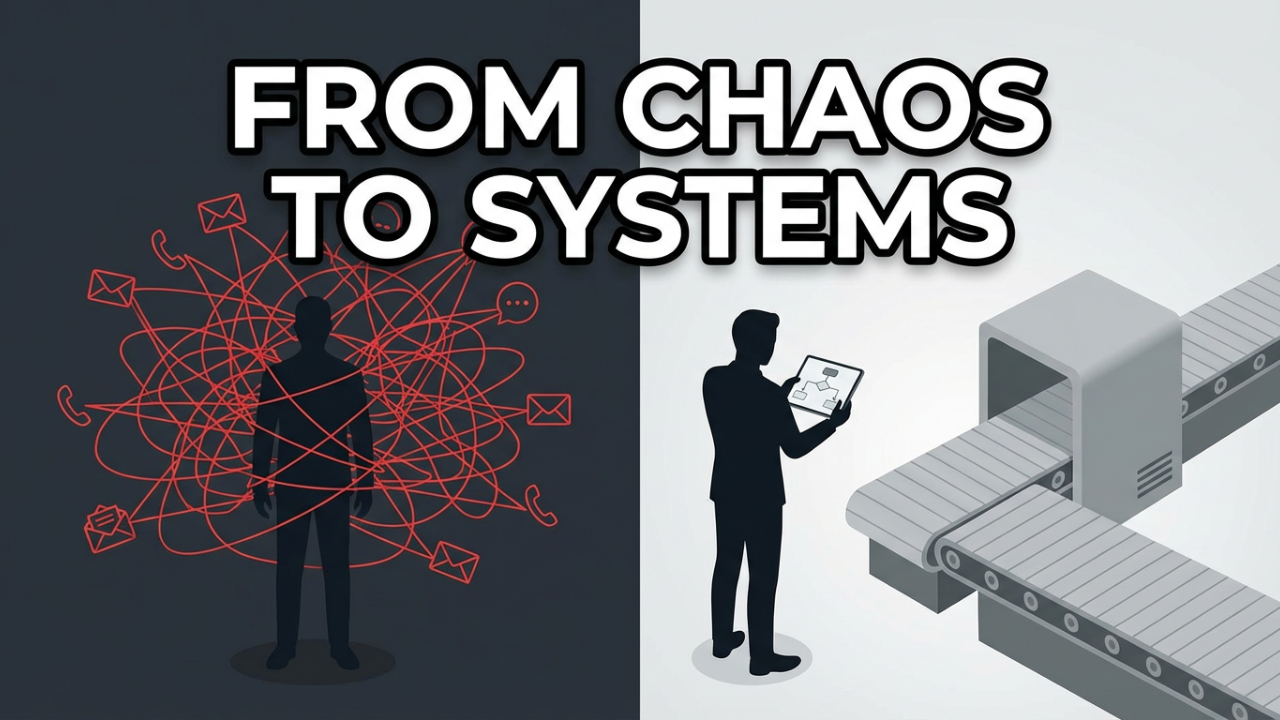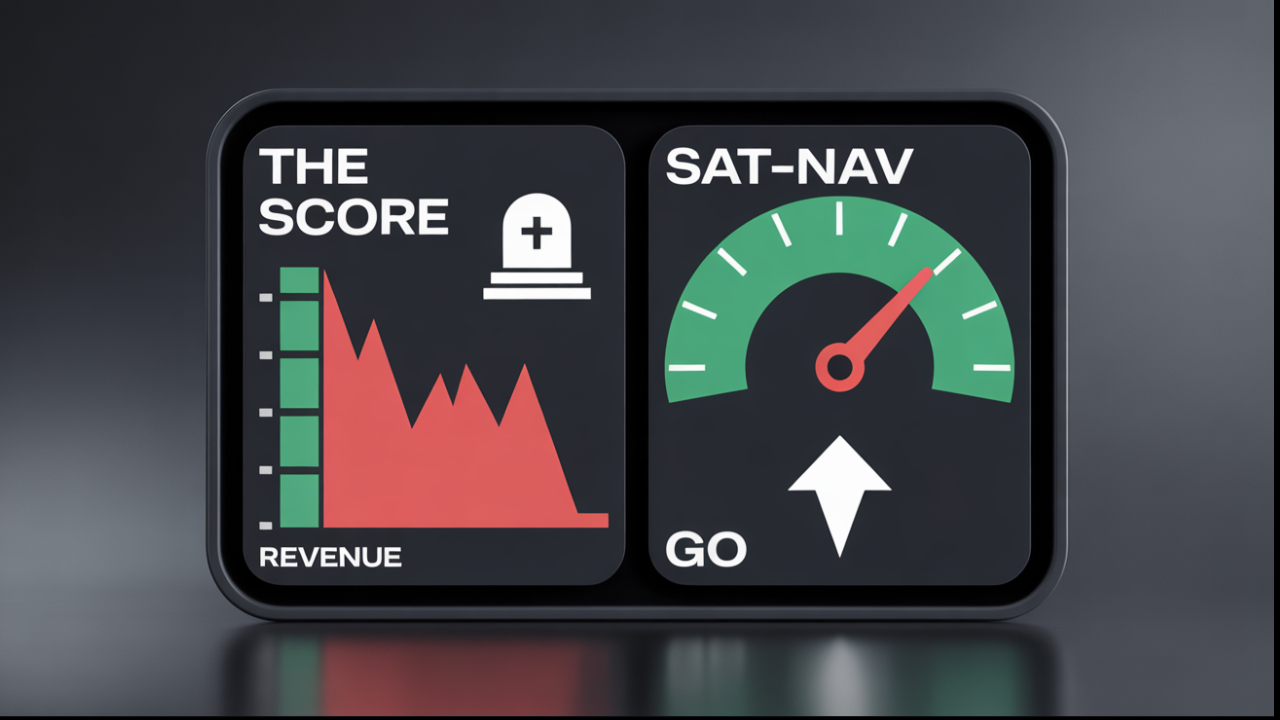Self-Accountability as a Business Owner: Your Key to Success
Accountability is a cornerstone of any successful business. It pertains to the obligation to justify actions and decisions to stakeholders, both internally and externally. For business owners, this extends to self-accountability—a commitment to taking personal responsibility for the trajectory of the business. Self-accountability encourages entrepreneurs to stay focused, strive for growth, and improve performance, ultimately contributing to the success of the company.
Setting the Foundation
To enhance self-accountability, one must set a solid foundation encapsulating SMART goals. These goals drive performance by aligning strategies and providing clear targets. In conjunction, a thorough business plan can guide you in achieving your objectives and keeping you accountable to them, by serving as a roadmap for your enterprise's journey.
Performance Monitoring
Key Performance Indicators (KPIs) function as a navigational compass, gauging business performance and maintaining accountability. From sales growth to customer retention, KPIs help understand whether your business is on track to meeting its goals. Likewise, regular business reviews—monthly or quarterly—provide opportunities to reassess strategies and make necessary adjustments, enhancing self-accountability to meet set benchmarks.
Effective Delegation
Balancing control and trust through effective delegation is a delicate art for business owners. By diversifying tasks among a team with varied skill sets and expertise, you can both empower your employees and hold them accountable—indirectly strengthening your self-accountability. It frees up your time to focus on core strategic activities, ensuring the growth and success of your business.
Financial Accountability
Financial accountability is about being responsible for every financial decision and keeping track of where your money is going. It requires disciplined financial tracking, monitoring revenue, expenses, and profits. Implementing strict budgets, regular financial auditing, and continually adjusting financial strategies to meet goals, increases personal accountability in managing your company’s finances.
Transparency in Leadership
Transparency isn't just about openness in sharing information; it's a culture that encourages accountability. By demonstrating transparency, you foster trust, improve communication, and promote an environment where everyone feels responsible for the business's success. Practising transparency could involve sharing company insights, addressing issues openly, and involving team members in decision-making.
Commitment to Personal Growth
Personal growth and continuous learning enhance industry expertise, which in turn improves decision-making and self-accountability. With countless online courses, podcasts, blogs, and publications available, staying abreast of the latest trends and skills has never been easier. By committing to personal growth—whether it's through reading a book or taking an online course—you commit to adopting best practices that will ensure your personal and professional development.
Time Management Techniques
Effective time management is pivotal for maintaining accountability. Tools like calendars, task management apps, and time tracking tools can help optimise your schedule, enhance productivity, and keep you accountable for your time. Instilling habits such as prioritising tasks, setting time limits, and taking regular breaks can significantly improve your time management. Check out our free resource "Unlock Your Full Potential: How To Prioritise Your Time Without Losing Your Mind"
Frameworks to Support Accountability
For us as business owners, accountability is not a buzzword—it's a fundamental practice that can make or break your company's progress. It's the launchpad for disciplined management and successful strategy implementation. Frameworks play an instrumental role in fostering this accountability, providing clear structures, and promoting an environment where objectives and progress are transparent and measurable. In what follows, we explore the most effective frameworks to anchor accountability firmly within your business operations.
OKRs (Objectives and Key Results)
Originally popularised by Google, the OKR framework is a powerful goal-setting tool designed to set and communicate clear objectives and measurable key results. The beauty of OKRs lies in their simplicity and ability to break down strategic goals into actionable parts, providing both direction and ways to measure progress. This clarity and regular monitoring create a culture of responsibility and high performance at individual and team levels.
Balanced Scorecard
The Balanced Scorecard expands the view beyond traditional financial metrics to include customer, business process, and learning and growth perspectives. It aligns different areas, engaging multiple dimensions of performance and providing a comprehensive picture of the business's health. By balancing these varying perspectives, it can deliver a more rounded strategic management system that encourages a shared sense of accountability across the entire organisation.
Eisenhower Matrix
Time management is pivotal in accountability, and the Eisenhower Matrix offers clarity in prioritisation. Categorising tasks into 'urgent', 'not urgent', 'important', and 'not important' quadrants, this framework enables leaders to focus on what truly advances business goals, preventing the trap of constant firefighting on matters of limited consequence. Incorporating this into your decision-making cultivates a disciplined approach to time allocation and prioritisation. Our free resource Eisenhower Matrix is available here “How to Maximise Productivity Without Succumbing to Task Overwhelm.”
Five Dysfunctions of a Team
Patrick Lencioni's model points out trust, conflict, commitment, accountability, and results as key team dynamics. By identifying and addressing these dysfunctions, the framework ensures that each team member understands their role and how it contributes to the organisation's objectives, fostering a collective sense of accountability. Applying systematic solutions for each dysfunction can propel teams toward cohesive, focused, and accountable operations.
The 4 Disciplines of Execution (4DX)
4DX focuses on choosing a set of truly vital goals and then channelling all efforts to achieve them. With disciplines streamlined for creating a compelling scoreboard, focusing on lead measures, keeping a cadence of accountability, and maintaining a wildly important goal, it's a framework built to translate strategy into action. Its disciplined approach ensures that teams do not lose sight of their targets, thereby reinforcing shared accountability for outcomes.
Combining Frameworks for Optimal Results
Understanding that no one-size-fits-all solution exists is key. Many businesses find that a combination of frameworks tailored to their specific needs facilitates optimal results. In practice, this could mean using OKRs for goal setting, the Balanced Scorecard for performance measurement, and the 4DX for execution. The blend is informed by factors such as company size, culture, and strategic focus.
Key Takeaways
Self-accountability is a powerful tool. Implementing strategies such as those set out in this blog ensure you can stay accountable, drive growth, and reap success in your business.
The accountability frameworks discussed serve as powerful tools to marshal forces for effective strategy execution and heightened accountability. They offer the structure and tracking needed to ensure goals are not only set but also meticulously pursued. Embracing these frameworks can pave the path to a disciplined, transparent, and high-achieving business climate.
Strategically integrating accountability frameworks can mark a pivotal moment for achieving greater efficiency and success. Evaluate how frameworks like OKRs, the Balanced Scorecard, and 4DX can apply to your business. And if this seems daunting, seeking further resources or professional consultation could be your next step to transforming your business operations through the power of structured accountability.
PS: If you need support on how to amplify your accountability without losing your mind, don't hesitate to
contact us
Additional Resources
Pay It Forward! Sharing Is Caring!

